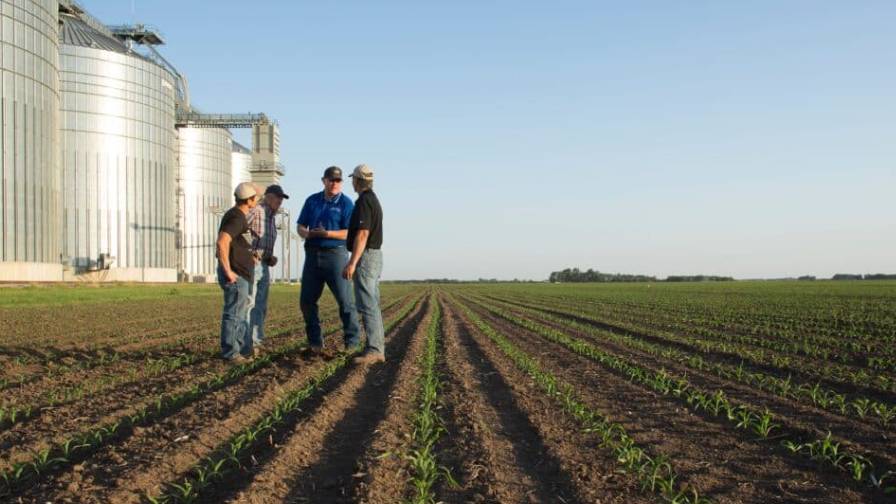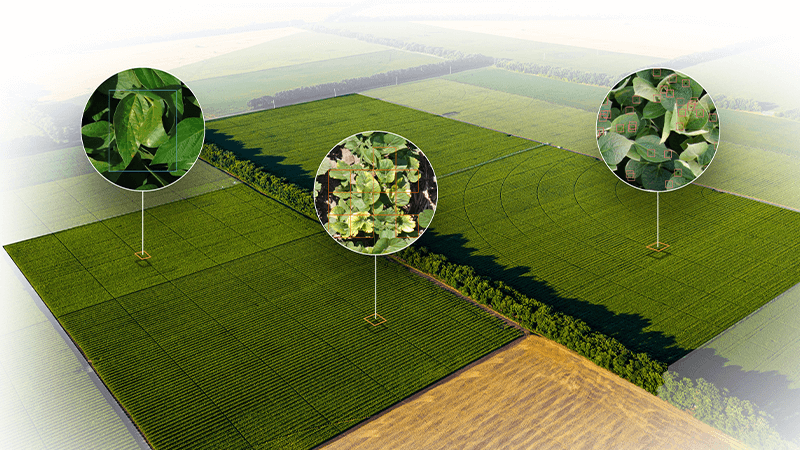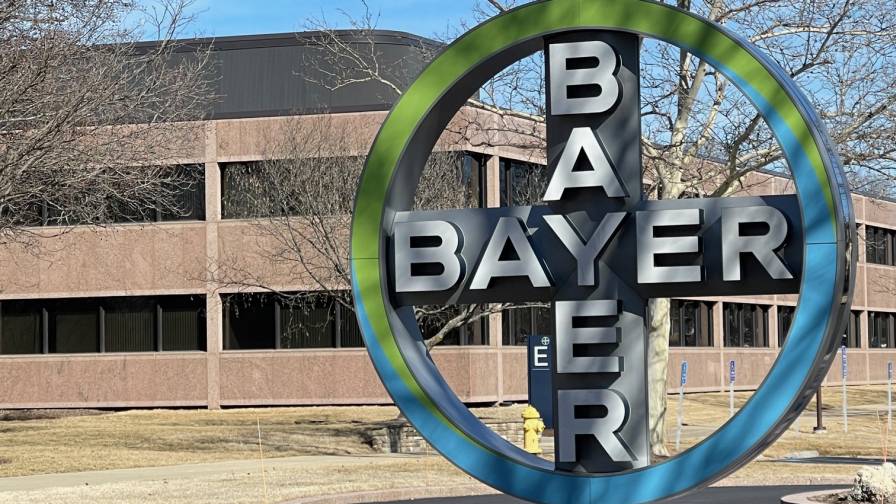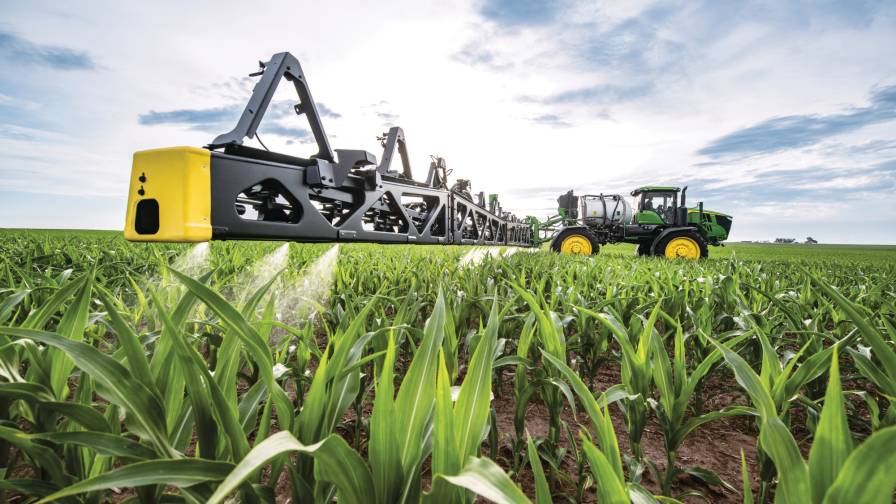An Eye On Ethanol
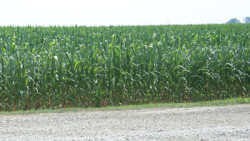
Monsanto‘s breeding and biotechnology research programs are aimed at developing hybrids that deliver more from each corn acre and bushel. Corn yields have doubled in the past 40 years says USDA’s Economic Research Service; due to advances in breeding and biotechnology, we believe that we can cut in half the time needed for the next doubling, increasing average corn yields from today’s 150 bushels per acre to 300 bushels per acre over the next 20 years.
Breeding, Biotech Deliver Corn Yield Gains
Corn breeders have a strong history of improving corn yield. The national average corn yield has been increasing by about 1.2% per year for the past 40 years, resulting in a doubling of yield from 75 bushels per acre to today’s 150 bushels per acre average. The advent of molecular markers provides breeders with a powerful tool to use in their breeding programs. DNA markers allow breeders to more accurately identify the genes that improve yield and to bring them together in a single hybrid much more quickly than has been possible in the past. In Monsanto’s global breeding program we’ve seen that marker-assisted breeding doubles the annual genetic rate of gain for corn yield. Maintaining this higher rate of improvement for the next 20 years has the potential to add a staggering 100 bushels per acre to the national corn yield average by the year 2030.
Commitment To The Future
Monsanto’s biotechnology pipeline includes second-generation protective traits as well as traits that directly increase yield. Second-generation insect protection traits seek to expand the range of insect pests controlled. Drought tolerance has the potential to increase corn yields in areas that receive lower annual rainfall as well as provide risk protection from mild seasonal drought on corn acres grown in the Midwest. Improved nitrogen use efficiency would allow corn plants to utilize applied nitrogen more efficiently than ever before to enhance corn yields. Based on early performance observations in our discovery and development pipeline, Monsanto believes that improved biotech traits have the potential to be major contributors to increasing the average national corn yield by 2030.
While ethanol demand continues to grow, feed will continue to be the major use of corn for at least the next decade. Parallel improvements in corn processing technology and enhanced feed quality will help farmers produce enough corn for both feed and fuel uses. Renessen — a joint venture between Monsanto and Cargill — has developed a new corn processing technology, Extrax, that is able to produce a new higher energy feed product with a more balanced amino acid profile for use in swine and poultry diets. This new corn ethanol processing technology is particularly useful when combined with a new specialty corn: Mavera high value corn with lysine. This high yielding, single cross hybrid has higher oil than conventional corn and a transgene that increases lysine levels. Renessen’s processing improvements will allow ethanol producers to continue to be profitable in the face of lower ethanol prices and higher corn prices. These same innovations will provide livestock feeders with new ethanol co-products that can be used at higher inclusion rates in swine and poultry diets.
Yield gains from marker-assisted breeding and biotechnology traits are increasing the rate at which corn yields improve. Together these future and new crop technologies have the potential for corn yield to double over the next 20 plus years to an average of 300 bushels per acre. Increasing corn yield and developing processing technology improvements will ensure that U.S. corn growers will produce enough corn to meet the growing feed and fuel demands for our country.
